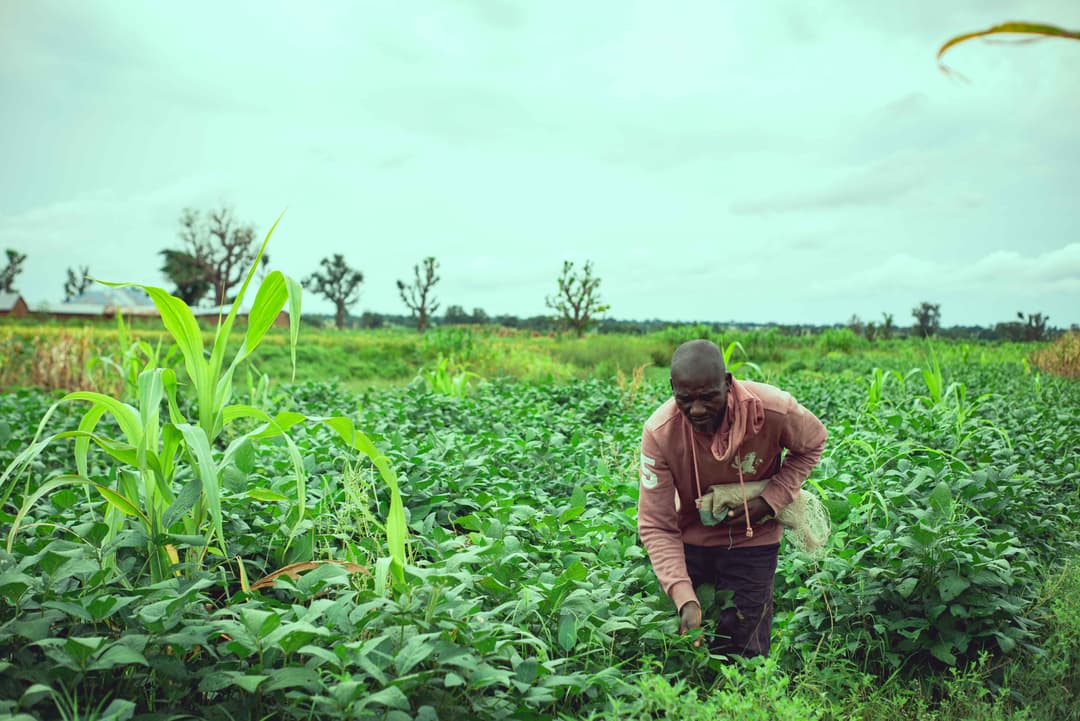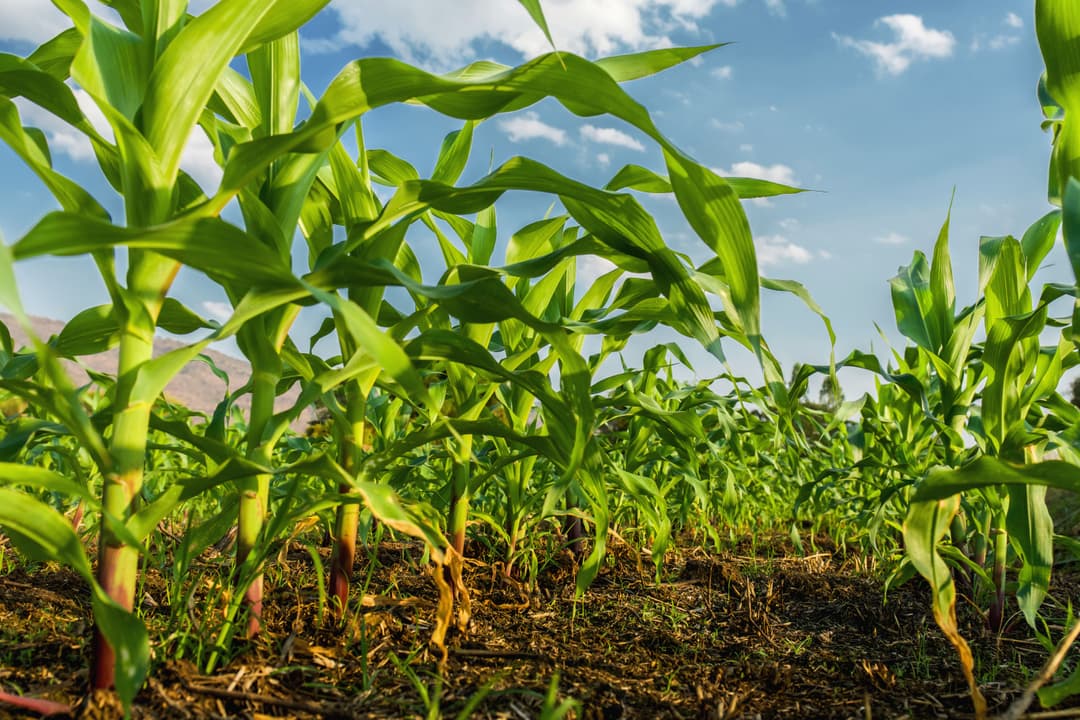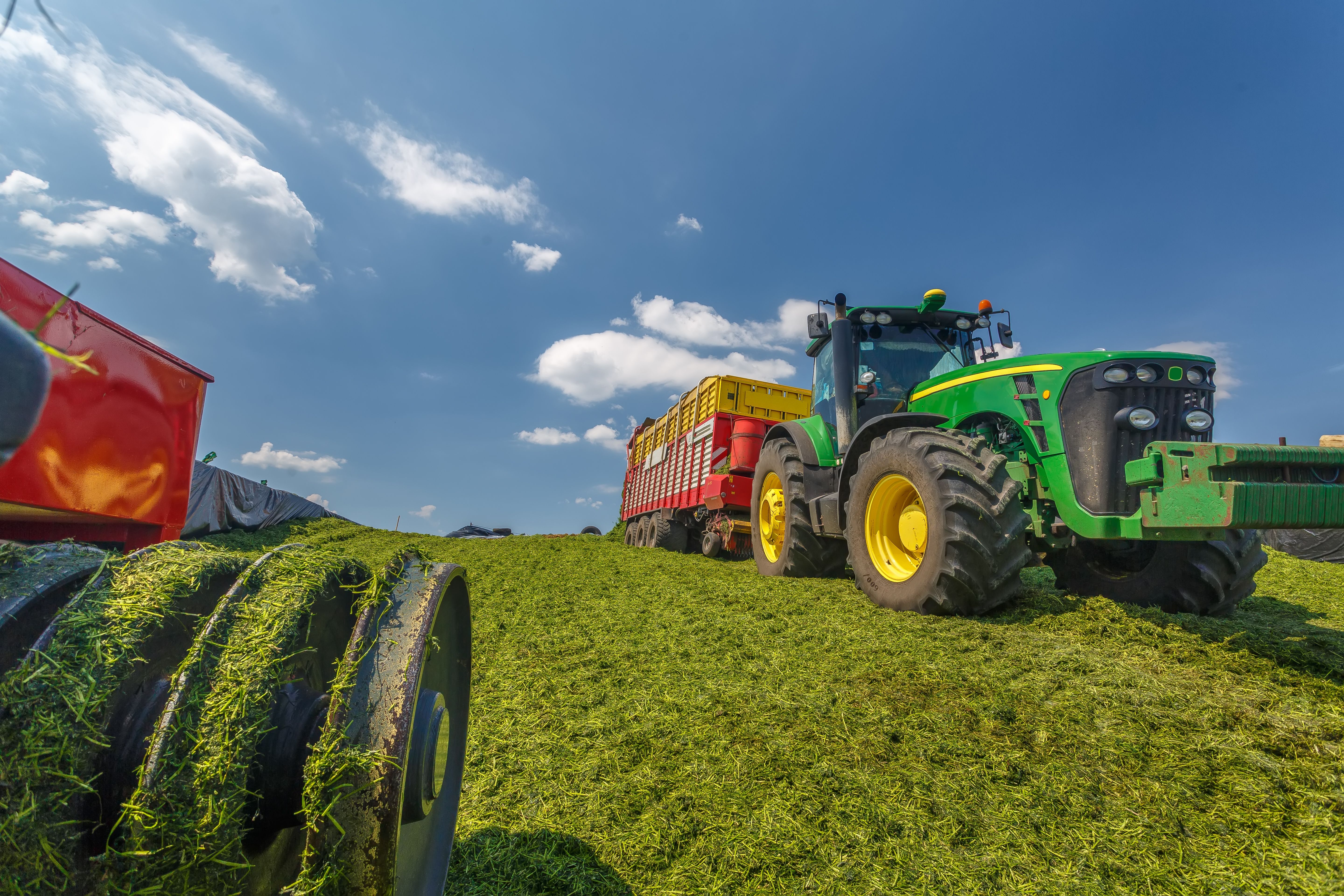Reading time:6 min read
What does food security in Africa mean for the world?
Millions across Africa face a heartbreaking reality: hunger. The FAO reports a staggering 30.8% of children under five in Sub-Saharan Africa suffer stunted growth due to malnutrition. Lack of access to nutritious food and food shortages continuously rob them of their growth and future. Over the years food security in Africa has bagged more challenges, in 2022, a fifth of people in Africa suffered from chronic hunger. This signifies that about 278 million people in Africa could not afford a basic meal.
Current Factors Contributing to Food Insecurity in Africa
The Food and Agriculture Organization defines “Food insecurity as not just about insufficient food production, availability, and intake, it is also about the poor quality or nutritional value of the food.” Currently disrupted food supply chains owing to issues like the Ukraine-Russian war, Indian Ocean Dipole and El Niño phenomena, exportation bans on countries like India, and global shocks have exposed the fragilities of Africa’s food systems and thrown light to the ailing food security in Africa.
In 2022, over 20 million people faced severe food shortages in Africa due to crop failure and consecutive dry seasons. The bulk of produced food is lost between harvest and sale. The FAO, also reports about $4 billion worth of food is wasted annually, plunging the already dilapidated system into further chaos, and widening the gap between production, availability, and accessibility of food. Also, poor road networks/infrastructure between food-producing areas and consuming regions have contributed to this challenge of food security in Africa.
Additionally, poverty fuels food insecurity in Africa. Millions pushed deeper into poverty, struggle to afford basic meals. This, combined with limited access for women and rural populations, creates a major hunger crisis. The Nigeria Development Update report for June 2023, revealed that an estimated 4 million Nigerians were pushed into poverty in just five months (January 2023 and May 2023), rendering them unable to afford basic meals. Low or non-existent income means that the purchasing power of people is greatly limited. This includes their ability to purchase food, thus leading to malnutrition. With about 2.4 billion people moderately or severely food-insecure in 2022, 391 million more than in 2019, with more women and people in rural areas denied access to safe, nutritious, and sufficient food year-round due to low purchasing power.
Climate change also cripples food security in Africa. Events that disrupt food production, transport, and supply have intensified the food security in Africa’s challenge. The current drought In East Africa has been reported to be 100 times more likely by climate change, disposing of close to 20 million people and leaving the Horn of Africa facing acute food. The New York Times reports 43,000 deaths in Somalia alone, half of children under 5.
How a Food-Secure Africa would Look
Dietary supply adequacy, food stability, and consumption status are positively associated with food security. A food-secure Africa would mean a continent transformed. A continent where people can afford and obtain that food, use it effectively for nutrition, and have this stability consistently. Imagine bustling formal and informal markets, empowered farmers using technology, and thriving communities with better nutrition. Sustainable practices would ensure long-term food security, while innovation would empower farmers and connect them to efficient markets.
Past approaches to Food Security in Africa
Across Africa, vulnerability has surged on the heels of the increasing frequency of agroclimatic shocks, rising food insecurity, and declining and more volatile per capita food production. Africa can no longer sustain itself on back-to-back emergencies, there needs to be an overhaul of old practices.
A well-functioning food system prioritizes how food is produced, traded, and consumed. There has been a lot of conversations in the past on how to transform Africa’s food system. Instances such as the 2006 Abuja Declaration of African agriculture ministers called for an increase in Africa’s average fertilizer application rates from 20 kg/ha to 50 kg/ha to boost production. However, Africa’s average application rates are still at 2006 levels, while the global average is slightly over 130 kg/ha. Similarly, the Kano River Irrigation Project established by the Federal government of Nigeria in 1970 aimed at increasing food production and productivity, providing employment opportunities, and ultimately reducing food. There are ways we could change the face of food security in Africa today.

Financing Small and Medium Scale Farmers
A key strategy for Africa to achieve greater food security lies in boosting agricultural productivity through the adoption of improved farm management techniques. Special attention should be given to small-scale farms, as they comprise the vast majority of Africa's agricultural sector and are vital for feeding the continent's most at-risk populations. In countries like Nigeria and Ghana where the sector employs about 70% of the workforce yet houses the poorest farmers emphasizing the need to engage and invest in this sector. Currently, small farmers struggle to connect to modern markets due to low production volume, lack of market knowledge, and difficulty meeting quality standards. Scaling up investments in infrastructure and technology is crucial, particularly those that cater to post-production needs. The use of technology, fertilizer, and improved farm management practices could revolutionize Africa’s food sector.
Small-medium scale farmers require investments to become thriving, sustainable agribusinesses. Financing these chains (storage, water, energy, and roads) not only strengthens local production capacity, reduces food wastage, and bolsters food security in Africa but also creates employment opportunities throughout the entire food value chain. When rural economies flourish, they provide a pathway to decent work, this, in turn, lays the groundwork for improved livelihoods, increased resilience, and a hopeful future for the continent.

Access to Affordable Nutritious Food
Strengthening Africa's food systems hinges on building resilience and guaranteeing access to healthy, affordable food for everyone. Fortunately, proven systemic models have demonstrated the potential for continent-wide transformation, addressing both the needs of farmers and consumers.
In Africa’s food system, affordability is a major barrier to accessing nutritious food. According to the FAO, the food system in Africa does not provide food at a cost that makes nutritious food affordable to a majority of the population, and this is reflected in the high disease burden.
In North America for example, food has been used as a tool for community development. With projects such as farmers’ markets, local food production and promotion, youth agricultural programs, and many other types of programs, to help curb the issues of limited access to nutritious and affordable food. Market developments and rural infrastructure that bridge the gap between smallholder farmers and markets are crucial for enhancing household food security and dietary diversity across Africa. Increased market access offers a multifaceted solution such as decreased transaction costs, improved food consumption, and reduced poverty and household food insecurity.
Conclusively, access and availability are the two factors that frame the outlook of Africa’s food system and solving them will impact and strengthen our food systems. With Africa's projected population reaching 2.5 billion by 2050, coupled with the existing challenge of over 250 million malnourished Africans the question of how to achieve food sufficiency is extremely pertinent.
